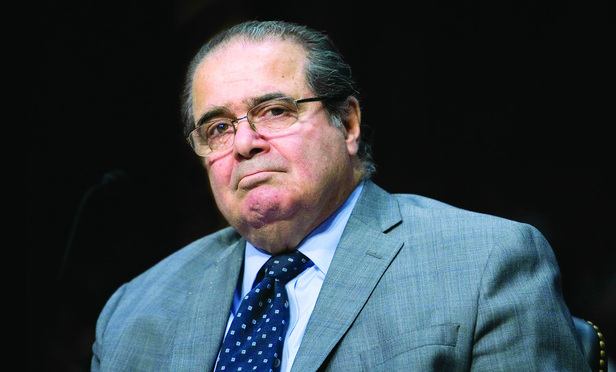During his nearly 30 years on the U.S. Supreme Court, Justice Antonin Scalia shaped the court’s jurisprudence in nearly every area of the law, but perhaps no area more dramatically than class actions. In the past five years, Justice Scalia authored opinions that strengthened the commonality requirement of Rule 23(a), the predominance requirement of Rule 23(b)(3), and the enforceability of class action waivers in arbitration agreements. Since Justice Scalia’s passing on Feb. 13, 2016, the court has shown a diminished appetite for class action appeals and has arguably retreated from some of his positions. Here, we examine Justice Scalia’s class action legacy, consider recent developments following his death, and assess what the future holds for class action litigation at the Supreme Court.
Scalia’s Class Action Jurisprudence
Justice Scalia’s most consequential class action opinions are Wal-Mart Stores v. Dukes,1Comcast v. Behrend,2AT&T Mobility v. Concepcion,3 and American Express v. Italian Colors.4 In each, Justice Scalia wrote the majority opinion for a 5-4 court.
This content has been archived. It is available through our partners, LexisNexis® and Bloomberg Law.
To view this content, please continue to their sites.
Not a Lexis Subscriber?
Subscribe Now
Not a Bloomberg Law Subscriber?
Subscribe Now
LexisNexis® and Bloomberg Law are third party online distributors of the broad collection of current and archived versions of ALM's legal news publications. LexisNexis® and Bloomberg Law customers are able to access and use ALM's content, including content from the National Law Journal, The American Lawyer, Legaltech News, The New York Law Journal, and Corporate Counsel, as well as other sources of legal information.
For questions call 1-877-256-2472 or contact us at [email protected]



